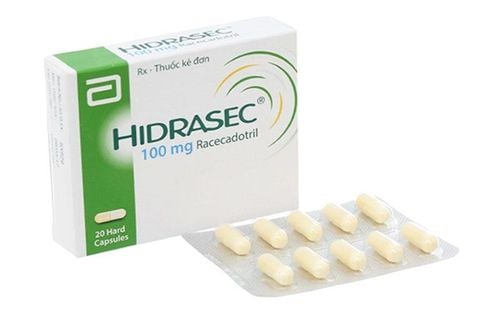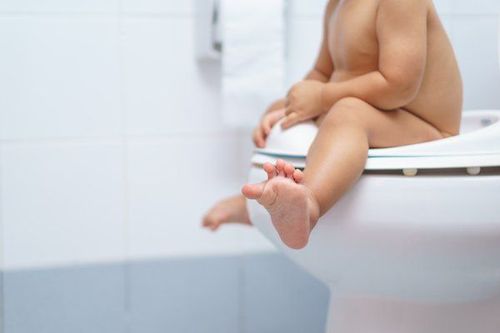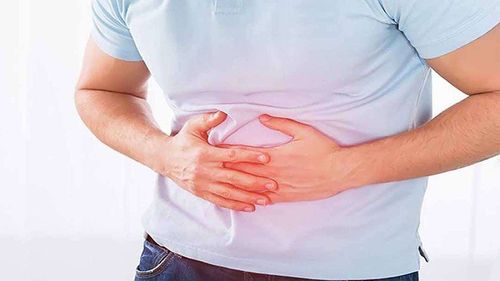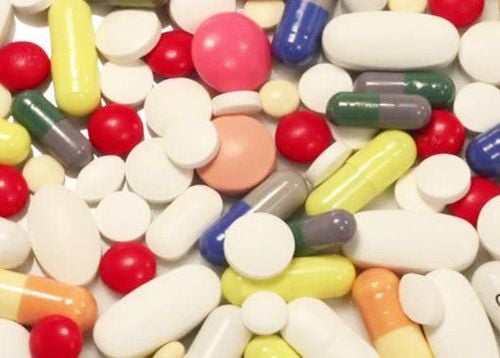This is an automatically translated article.
Posted by Specialist Doctor I Dang Thi Ngoc Chuong - Pediatrician - Department of Pediatrics - Neonatology, Vinmec Central Park International General Hospital.1. Learn about acute diarrhea
1.1 What is acute diarrhea? Diarrhea is a sudden increase in the amount of fluid in the stool, characterized by loose stools, more than 2 times within 24 hours. Acute diarrhea is diarrhea with the above symptoms for no more than 2 weeks.Persistent diarrhea is an episode of diarrhea that begins acutely but lasts 14 days or more.
1.2 Causes of acute diarrhea Liquid diarrhea can come from many disorders such as:
Intestinal infections caused by pathogens including: Viruses (rotavirus, calcivirus, astrovirus,...), bacteria (Salmonella, Escherichia Coli,...), parasites (Giardia Lamblia, Cryptosporidium,...); Extraintestinal infections: Urinary tract infections, respiratory infections, sepsis; Food allergies: Soy protein, cow's milk protein or other foods; Due to drugs: Using antibiotics and some other drugs; Other causes: Surgical pathology (acute appendicitis, intussusception), enteritis caused by chemotherapy or radiation, vitamin deficiency, heavy metal intake,...
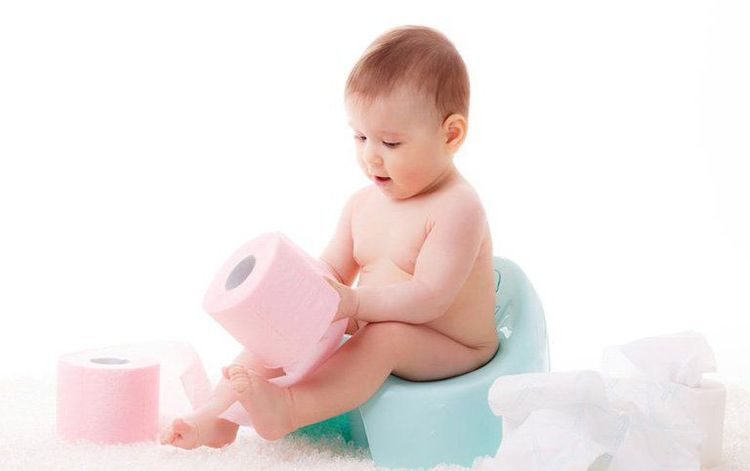
Symptoms of dehydration diarrhea:
Severe dehydration (9 - 15%): The patient has 2 of the following signs: Lethargy or coma; Deep sunken eyes; Not able to drink or drink very little water; Pinch of eye skin very slowly: more than 2 seconds; Cool water (6 - 10%): There are 2 of the following signs: Excited, struggling; Worm eyes; Thirsty and eager to drink; Slow eye wrinkles: less than 2 seconds; No dehydration (3 - 5%): There are not enough signs to be classified in case of dehydration or severe dehydration. In addition, the patient should pay attention to other signs of dehydration, such as:
Mucous membranes of the lips/mouth: Are they dry or cracked; Tears: Small amount, normal or no tears; Font: Flat or sunken.

2. Danger of dehydration due to acute diarrhea
Acute diarrhea causes children to have a high rate of stool excretion, so it can easily lead to shock, dehydration, electrolyte disturbances, acid-base balance disorders, acute renal failure, hypoglycemia, respiratory failure, and collapse. pulse, convulsions, coma,... If not treated promptly, these complications can be life-threatening.3. Methods of treatment and prevention of acute diarrhea
3.1 Treatment of acute diarrhea Rehydration and electrolytes: For children who can drink, give oresol solution, children under 2 years old drink 50-100ml after each bowel movement, children aged 2 years and older give 100-200ml. after each bowel movement; Give your child cooled boiled water, fresh coconut water, fruit juice or porridge, soup. For infants who are breastfed, continue to breastfeed normally; In case the patient is dehydrated, vomiting, unable to drink or has diarrhea accompanied by high fever, green stools, sputum or blood, the patient should be hospitalized immediately for examination, diagnosis and treatment. Severe dehydration is life-threatening.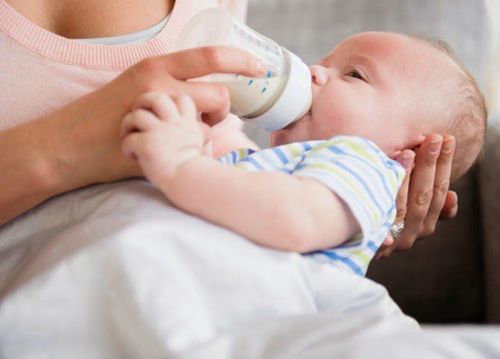
When a child shows abnormal signs of health, parents can take the child to Vinmec Health system for timely examination and treatment.
Please dial HOTLINE for more information or register for an appointment HERE. Download MyVinmec app to make appointments faster and to manage your bookings easily.





